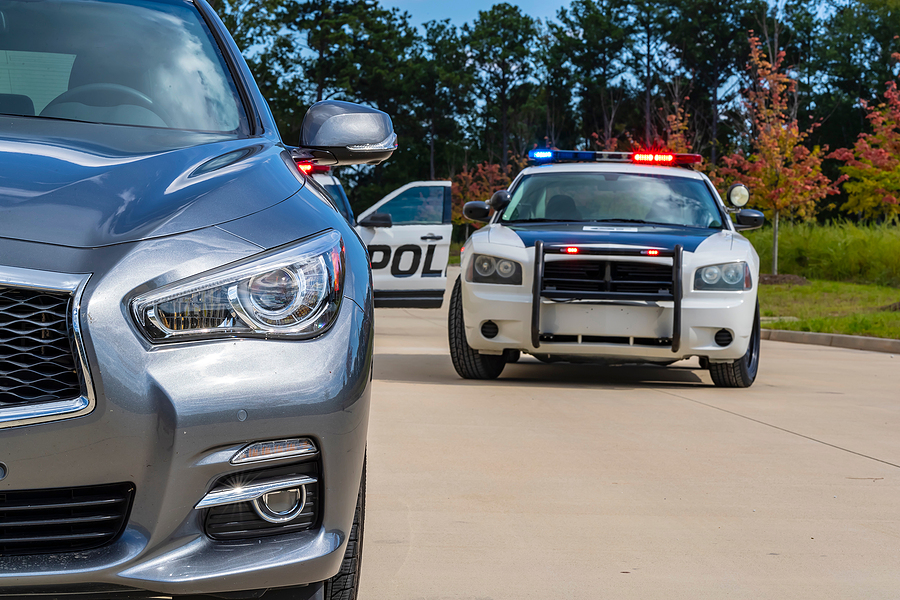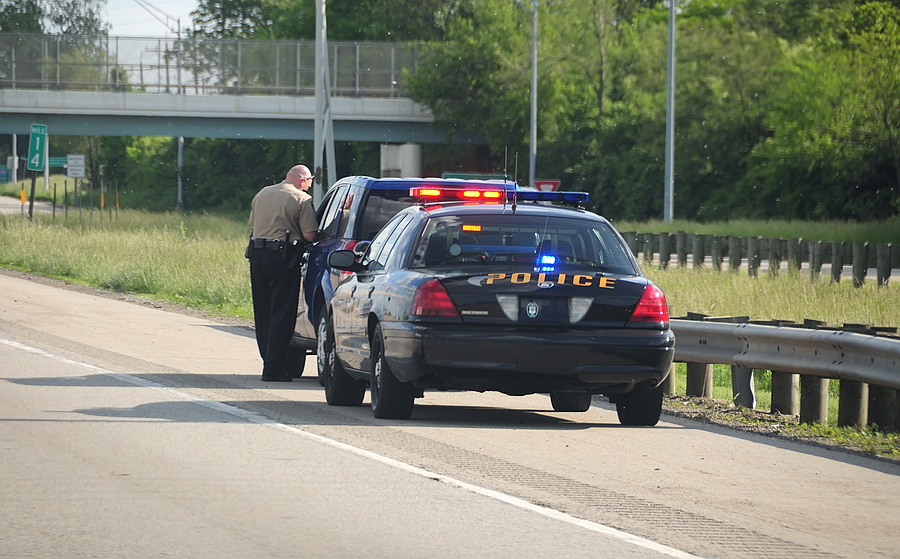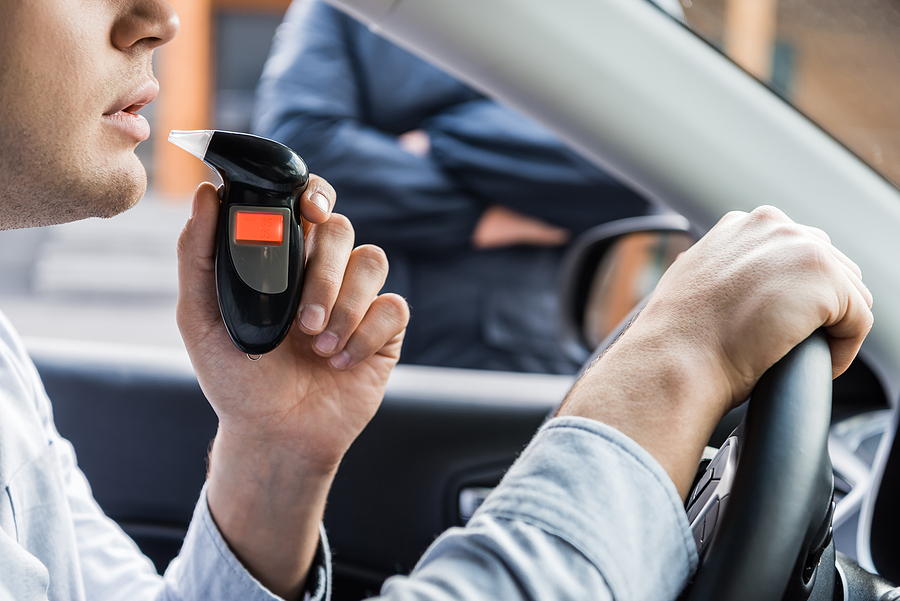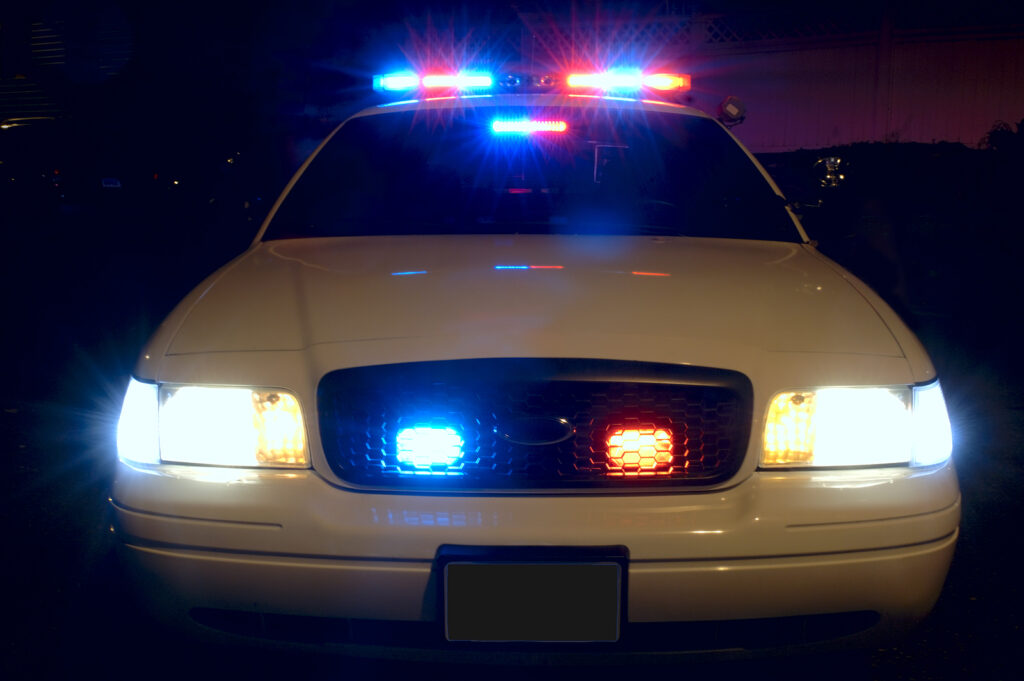Police encounters can be stressful and confusing, especially when you’re unsure about your rights or what officers can legally do. At the heart of many police stops lies a legal concept called “reasonable suspicion”—a standard that determines when law enforcement can detain you for questioning or investigation.
Understanding reasonable suspicion isn’t just academic knowledge. It’s practical information that could protect your constitutional rights during traffic stops, street encounters, or other interactions with law enforcement. Whether you’re walking down the street, driving to work, or simply going about your daily routine, knowing this legal standard can help you navigate police encounters with confidence.
This guide will break down the legal framework surrounding reasonable suspicion, explain how it differs from other standards like probable cause, and provide practical advice for protecting yourself during police stops. By the end, you’ll have a clearer understanding of when police can legally detain you and how to respond appropriately during these encounters.

The Legal Foundation of Reasonable Suspicion
Reasonable suspicion emerged from the landmark Supreme Court case Terry v. Ohio (392 U.S. 1, 1968), which established that police officers can briefly detain individuals based on “specific and articulable facts” that suggest criminal activity may be occurring. This standard requires more than a hunch or gut feeling—officers must be able to point to concrete observations or information that would lead a reasonable person to suspect criminal behavior.
The legal test for reasonable suspicion relies on the “totality of the circumstances,” as established in Alabama v. White (496 U.S. 325, 1990). This means courts consider all available facts and circumstances when determining whether an officer’s suspicion was justified. No single factor alone typically creates reasonable suspicion; instead, multiple observations or pieces of information combine to meet this threshold.
It’s crucial to understand that reasonable suspicion represents a lower standard than probable cause. While probable cause requires sufficient evidence for a reasonable person to believe a crime has been committed (Illinois v. Gates, 462 U.S. 213, 1983), reasonable suspicion only needs enough facts to suggest that criminal activity might be happening.
Common Scenarios Where Reasonable Suspicion Applies
Understanding reasonable suspicion becomes clearer when examining real-world situations. Here are several scenarios where courts have found reasonable suspicion justified:
High-Crime Area Behavior
A police officer observes someone walking late at night in a high-crime area, repeatedly looking into store windows and checking door handles. The combination of location, time, and suspicious behavior could create reasonable suspicion of attempted burglary.
Traffic Stop Escalation
During a routine traffic stop for a broken tail light, an officer smells marijuana coming from the vehicle. This sensory evidence, combined with the lawful stop, can escalate to reasonable suspicion of drug possession.
Flight from Crime Scene
An individual is seen running away from the scene of a reported burglary. While running alone isn’t criminal, fleeing from a fresh crime scene can contribute to reasonable suspicion when combined with other factors.
Informant Tips
An officer receives information from a reliable informant that someone matching a specific description is carrying illegal drugs at a particular location. If the informant has provided accurate information in the past, this tip could establish reasonable suspicion.
Nervous Behavior During Traffic Stops
A driver appears visibly nervous during a routine traffic stop, provides inconsistent answers about travel plans, and the officer detects a strong air freshener odor potentially masking other smells. These combined factors might justify further investigation.
Matching Suspect Descriptions
A person fits the description of a suspect in a recent crime and is observed near the crime location shortly after the incident occurred. The proximity in time and place, combined with matching the description, could create reasonable suspicion.
Contact Our Law Office for Legal Advice ⚖
Dispelling Common Misconceptions
Several misconceptions surround reasonable suspicion that can lead to confusion during police encounters:
Myth: Reasonable suspicion equals probable cause. These are distinct legal standards. Reasonable suspicion requires only specific facts suggesting possible criminal activity, while probable cause demands enough evidence for a reasonable person to believe a crime has occurred.
Myth: Officers can stop anyone based on a hunch. Police must articulate specific facts that led to their suspicion. Random stops based solely on intuition or profiling are unconstitutional and violate Fourth Amendment protections.
Myth: Refusing to answer questions implies guilt. You have a constitutional right to remain silent during police encounters. Exercising this right cannot be used as evidence of wrongdoing or to establish reasonable suspicion.
Myth: Reasonable suspicion allows unlimited searches. Even with reasonable suspicion, searches must be limited in scope and related to the suspected activity. Officers cannot conduct broad, exploratory searches without additional justification.
Your Rights and Best Practices During Police Encounters
Knowing your rights during police stops can protect you legally and help ensure the encounter proceeds smoothly. Here’s how to handle these situations:
- Stay Calm and Respectful: Maintain composure throughout the encounter. Aggressive or hostile behavior can escalate the situation and potentially provide officers with additional justification for their actions.
- Exercise Your Right to Remain Silent: Clearly state, “I am invoking my right to remain silent.” You’re not required to answer questions beyond providing identification when lawfully requested.
- Request Legal Representation: If the encounter becomes custodial or involves questioning about potential criminal activity, ask to speak with a lawyer. If you are being placed under arrest, you will have an opportunity to make a phone call once you are booked in the jail.
- Avoid Sudden Movements: Keep your hands visible and move slowly when reaching for documents. Inform the officer before reaching into pockets or compartments.
- Document the Encounter: Note the officer’s badge number, patrol car number, and any other identifying information. If legally permissible in your jurisdiction, consider recording the interaction with your phone.
- Gather Details: After the encounter, write down everything you remember: time, location, officers involved, what was said, and the sequence of events. This information could be crucial if legal issues arise.
- Seek Legal Counsel: Contact an experienced criminal attorney to discuss the encounter and determine if your rights were violated.
When Evidence Gets Excluded: Understanding Your Protections
The exclusionary rule (Mapp v. Ohio, 367 U.S. 643, 1961) prevents illegally obtained evidence from being used in criminal trials. If police lacked reasonable suspicion for a stop, any evidence discovered during that encounter might be inadmissible in court.
The “fruit of the poisonous tree” doctrine (Wong Sun v. United States, 371 U.S. 471, 1963) extends this protection further. Evidence derived from an illegal stop—even if obtained through subsequent legal means—may also be excluded from trial.
These legal protections underscore the importance of understanding reasonable suspicion. If you believe you were stopped without proper justification, documenting the encounter thoroughly and consulting with an attorney could be crucial for protecting your rights.
Frequently Asked Questions
What should I do if I believe I was stopped without reasonable suspicion?
Document the encounter thoroughly, including officer information, time, location, and circumstances. Consult with a criminal defense attorney who can evaluate whether your rights were violated and advise on potential legal remedies.
Can police use my silence as reasonable suspicion?
No. Exercising your constitutional right to remain silent cannot be used to establish reasonable suspicion or as evidence of guilt. However, provide required identification when lawfully requested.
Does reasonable suspicion allow vehicle searches?
Reasonable suspicion alone doesn’t automatically permit vehicle searches. Officers typically need probable cause or your consent to search a vehicle, though they may conduct a limited pat-down for weapons if they suspect you’re armed and dangerous.
Can prior criminal history influence reasonable suspicion?
While past criminal activity alone cannot justify a current stop, it may be considered as one factor in the totality of circumstances, especially if it’s relevant to the suspected current criminal activity.
How do DUI checkpoints relate to reasonable suspicion?
DUI checkpoints operate under different legal standards. Courts have allowed these stops without individualized reasonable suspicion, provided they follow established protocols and serve legitimate public safety interests.
Conclusion
Reasonable suspicion represents a critical balance between law enforcement’s need to investigate potential criminal activity and your constitutional rights against unreasonable searches and seizures. Understanding this standard empowers you to recognize when police encounters are legally justified and when they might overstep constitutional boundaries.
Remember that police encounters are inherently stressful, and officers are trained to maintain control of these situations. Your best protection lies in understanding your rights, exercising them respectfully, and documenting interactions thoroughly.
If you’ve experienced a police encounter that seemed inappropriate or believe your rights were violated, don’t hesitate to consult with a qualified Indianapolis criminal defense attorney. Our legal professionals can evaluate your specific situation, determine whether reasonable suspicion existed, and help protect your constitutional rights moving forward. Schedule a free consultation today.
Related Post: 5 Types of Probable Cause for DUI Traffic Stops





